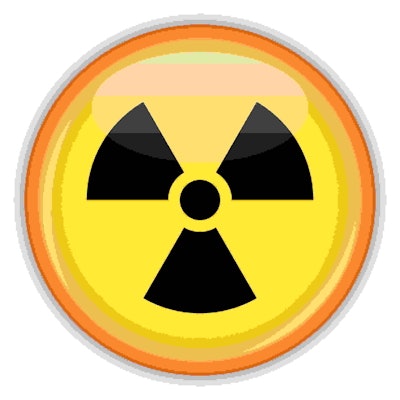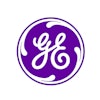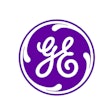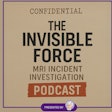
Alara Imaging is offering free HIPAA and SOC-II certified software to help physicians and health systems comply with a new CT radiation dose quality measure included in the U.S. Centers for Medicare & Medicaid Services' (CMS) Medicare Physician Fee Schedule (MPFS) final rule for 2024.
CMS published the rule on November 2. It specifies the adoption of a new quality measure into the diagnostic radiology set of the Quality Payment Program (QPP) called Excessive Radiation Dose or Inadequate Image Quality for Diagnostic Computed Tomography (CT) in Adults, with the goal of improving patient safety by optimizing CT radiation dose.
In 2020, CMS awarded the University of California, San Francisco (UCSF) a cooperative agreement to develop this measure, and a team from the university established the company Alara Imaging to undertake the task, according to Rebecca Smith-Bindman, MD, one of Alara's founding members.
"The measure ensures that radiation doses used for CT do not exceed evidence-based thresholds, while at the same time maintaining minimum image quality standards," she told AuntMinnie.com.
The measure provides a standardized method for monitoring radiation dose across patients and facilities, Smith-Bindman said. For the Merit-Based Incentive Payment System (MIPS) program, radiologists must report on six of the seven available measures to maximize bonuses and avoid penalties for CMS reimbursement. As the measure was also included in the Hospital Inpatient Quality Reporting (HIQR) program and Hospital Outpatient Quality Reporting (HOQR) program, physicians and hospitals will be aligned to optimize dose across all care settings, she noted.
CMS has mandated that the measure be an electronic clinical quality measure (eCQM), reflecting the agency's focus on electronically-extracted measures that require little to no physician input. The eCQM framework was designed for electronic health record-based measures and has no capability to process images or DICOM Radiation Dose Structured Reports; this eCQM requires the use of translation software prior to measure calculation.
On behalf of CMS, Alara Imaging provides the translation software for measure computation, according to Smith-Bindman. Variables included in the eCQM requirements consist of the following:
- CT dose and image quality
- Calculated CT size-adjusted dose
- Calculated CT global noise
With these three intermediate variables, radiologists can use any vendor they like to calculate the eCQM and report performance to CMS. Alara Imaging will provide each reporting entity with detailed feedback on their performance, Smith-Bindman noted. Health systems can learn more about how to report on the measure at alaragateway.com or by stopping by its booth at the RSNA meeting (South Hall, 5176).



















